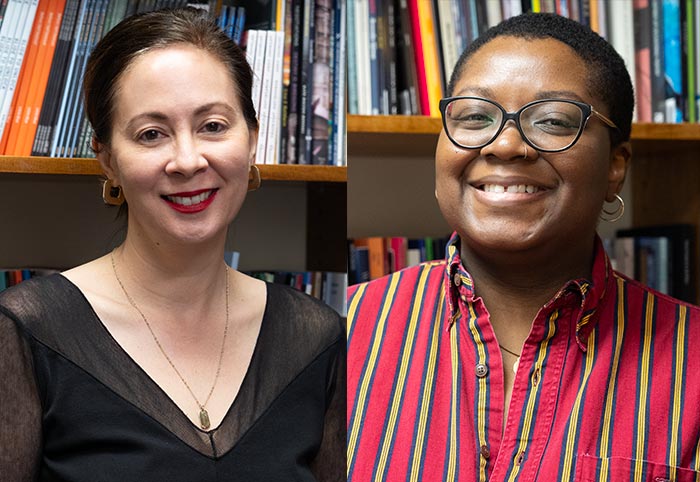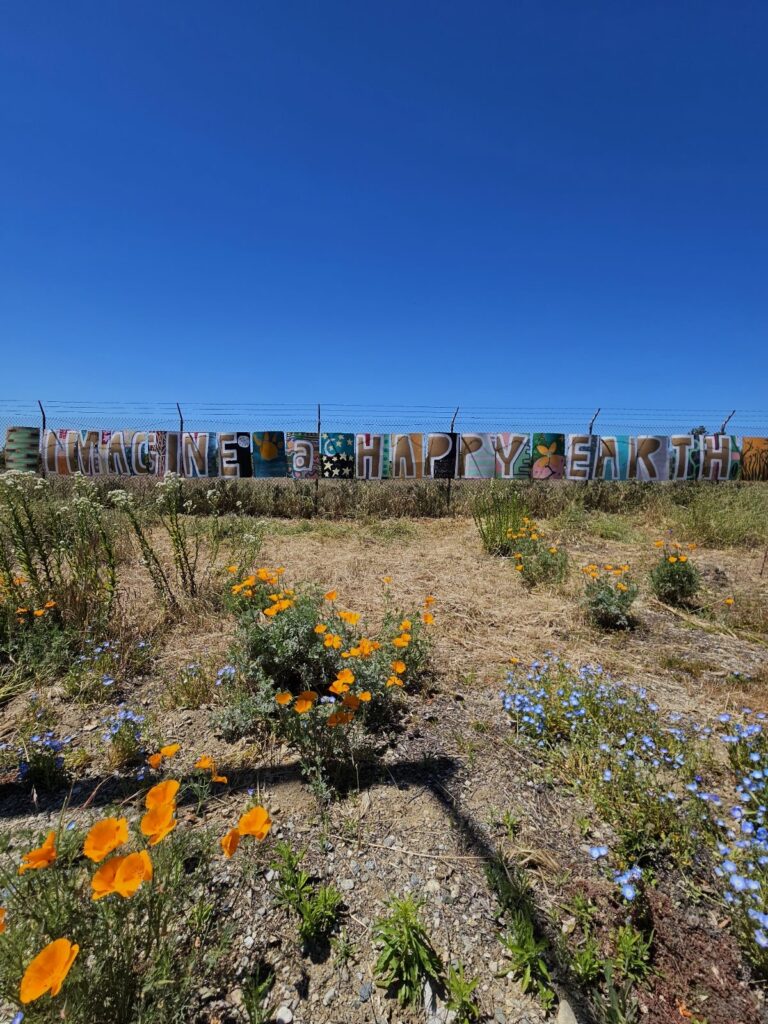‘Folk music’ is tough to pin down
by Mick Rhodes | mickrhodes@claremont-courier.com
Most picture a solitary singer/songwriter with a dreadnaught acoustic guitar singing earnest protest songs. The truth is it’s a panoply of styles and instrumentation. Its roots go back much further than the popular American boom of the 1950s and ’60s, to 19th century Europe, and further back still to Africa and the forebears of that big, booming acoustic guitar.
The one commonality is folk music has always been of the people. And most all of the people who helped push the music forward in America in the 1950s and ‘60s owe a debt to the Chase family, and the institution they founded, the iconic Folk Music Center in Claremont.
That rich history, from its 1958 creation to the present day, is chronicled in Ellen Harper’s superb new memoir, Always a Song, out January 26 on Chronicle Prism, an imprint of Chronicle Books.
Ms. Harper is the daughter of the Folk Music Center’s founders, Charles and Dorothy Chase, and the modern-day purveyor of “The Folk.” Her book brings to light the fascinating backstory behind her family’s place in the history of the music, and of course, of the 63-year-old store.
The sweeping story traces the family’s politically and socially active East Coast roots from her parents’ courtship, to Ms. Harper’s early childhood, the family’s move to California, and on through her formative years in Claremont, then motherhood, music, and above all, family.
The project began as an exercise in that most fundamental folk tradition: preservation. Ms. Harper had for several years been writing down stories about her parents and grandparents.
“Because, I know as I got older I thought, ‘Why didn’t I ask my parents these questions? Why don’t I know more?’ There are so many stories that are gone and lost,” she said. “And I thought, I’m kind of the last link between a lot of the history and my grandkids and my kids. So I started writing down stories, just little anecdotes and pieces.”
Those bits and more personal stories were transformed into a memoir of Claremont life in late 1950s and early ‘60s, complete with much idyll, but also overt racism, cross burnings and all.
The 1970s and the decade’s prevailing corrosive drug culture are made personal by her lived experiences, as are her moments with rock and folk royalty (not all of them flattering), and the rise of the singer/songwriter as an artist, and in Bob Dylan’s case, deity.
One of Always a Song’s recurring themes is the intolerance of injustice. It’s there in the stories of Ms. Harper’s paternal grandmother’s work to found the first birth control clinic in New Hampshire, being jailed for being a communist, and her three (!) failed bids for governor of the Granite State. It continues through the family’s entanglements with the McCarthy-era blacklist and anti-communist hysteria in the 1950s, down the line to Ms. Harper bristling at the veiled racism directed at her mixed-race sons Ben, Peter and Joel, while they were growing up in Claremont in the 1980s.
“When I talk about the good things that were imparted to me, particularly by my father, it would be that you do stand up for under-represented people, you don’t buckle, you don’t give names, you stand up for what you believe in,” she said. “That was a very clear message.”
Ms. Harper’s parents were literally part of the “don’t give na
“Some of it is the kind of optimism of the left,” Ms. Harper said. “The socialist and old communist parties were truly optimists. They truly did believe that people could be their best selves, and of course were bitterly disappointed for the most part. But my father, he always believed in people, that people would come through and would do the right thing.”
Though he had been deemed an “inadequate member” by the American Communist Party in 1946, McCarthyism was at its destructive, paranoid zenith in 1954, and anyone with a history of past affiliation became a target.
The Massachusetts version of McCarthy’s House Committee on Unamerican Activities harassed Mr. Chase. He lost his job, and his young children endured taunts from schoolmates. And it wasn’t just “red baiting.” Ms. Harper’s mother Dorothy was Jewish, and the epithets were anti-Semitic as well as anti-communist.
The family persisted for a time, but in 1957 her father became convinced California offered a fresh start, and they headed west.
The Folk Music Center opened its doors at its first location on Harvard Avenue in August 1958.
From the very beginning the store was a countercultural hub. All manner of folk musicians, many of them now revered as giants of the genre, passed through the doors. They also bunked at the rambling Chase family home on Seventh Street in between performances at the store, and later The Golden Ring coffee house at 111 Harvard Place (home since 1969 to Village Dance Arts), which her parents opened in 1964.
“Music for them, I think why they were so attracted to it, my mother in particular, was because of the folk music movement that it represented,” Ms. Harper said. “It represented integration, financial equity for peoples of the world, fairness and all the things that music brought to the union movement and the civil rights movement, and anti-war movement. They were there for all of that. And I think the power they got from music was the community and building social bridges. And I absorbed that and believed in it.”
Always a Song also gets into the slow-motion disintegration of Ms. Harper’s 1969 marriage to the father of her three sons, Leonard Harper. (She and second husband Jan Verdries have been married since 1984).
“I think I realized the information doesn’t have to be just family secrets,” she said. “I think being about to talk about these things is really important, addiction and the outcomes. I don’t know that I’m right. Maybe secrets are better, for all I know. I’m not credentialed to make that decision.”
Leonard Harper died at 55 in 1984 from complications of alcoholism.
“Also, I don’t think these things stop with us,” Ms. Harper said. “I think we hand some of these things down to our kids who then hand them down to our grandkids. To me it seems like if we can show it and we can talk about it and deal with it generationally, it’s not going to be something that just keeps running through families like a leitmotif”—a short, recurring musical phrase. “Because it seems like some of the anti-communism, and the affects it had on my family at large, were devastating in a lot of ways. And I think that doesn’t go away. You raise your children with the feeling of caution, if you will, of ‘This could always happen again.’
“At least if you talk about it you know it. You know why you have that feeling of fear, instead of letting it run your life. And also I guess family, the kids and the grandkids, they ought to know about it.”
Always a Song is a must-read for Claremonters. It gives valuable context to the 63 years of memories contained inside The Folk, a store that on closer inspection is actually a life-sized diorama that tells the story of one family’s contribution to a community, to music and the world.
“When we used to be able to travel, you might be in Paris and see someone wearing a Folk Music Center t-shirt,” Ms. Harper said. “I’ve had people that have come back, all those hundreds and hundreds of people that my mother taught, who went out and taught the same way. I hear from them at the store, and it’s a wonderful feeling to know that her influence, her banjo classes, have had practically a worldwide influence on people that have played and learned from her.”
Always a Song can be pre-ordered on Amazon at https://www.amazon.com, at www.ellenharper.net, or at https://www.chroniclebooks.com/products/always-a-song.
Ms. Harper will be interview on National Public Radio’s “Fresh Air with Terry Gross” sometime around Always a Song’s release date of January 26. Local NPR affiliate KPCC 89.3 airs Fresh Air at noon and 10 p.m. every weekday. Check https://www.scpr.org/programs/fresh-air/ for more information.









0 Comments